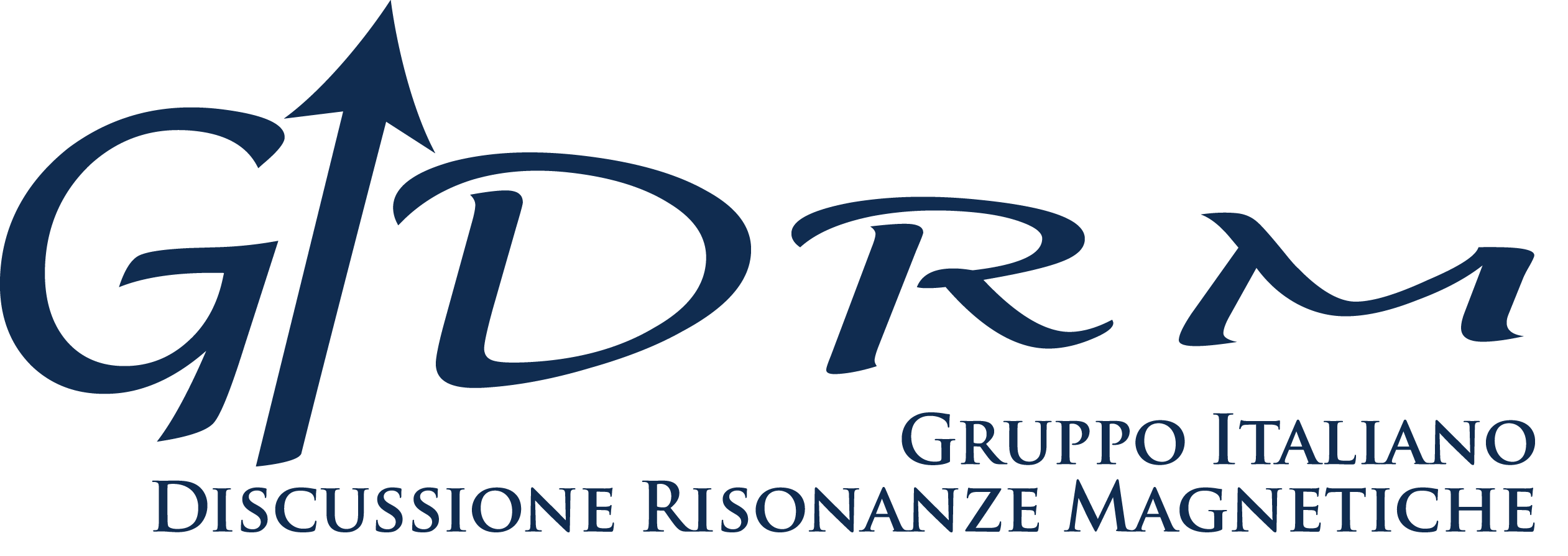Deadline extended to 31/08/20 – 3 years PhD Studentship in NMR methodology at the University of Southampton, UK
Applications are invited for a PhD Studentship in nuclear magnetic resonance (NMR) to work on a project aimed at developing new methodologies to enable the non-invasive structural characterisation of industrially and medically relevant porous media such as battery electrodes and 3D-printed scaffolds for tissue regeneration. The project is conducted in the research group of Dr. Giuseppe Pileio and is funded by The Leverhulme Trust.
Porous media are ubiquitous in nature and largely used in industry: bones, brain matter, supercapacitors, battery electrodes, etc., all fall in this category. The ability to measure structural parameters such as porosity, pore-size distribution and, in particular, tortuosity is fundamental for the understanding of such materials and, even more, for the design of improved ones. Diffusion-NMR, the technique at the core of this project, has unique advantages in the study of porous media but yet several applications are limited by the finite lifetime of nuclear spin states. This limitation is exacerbated in porous media, where spin relaxation is often accelerated by local variations of the magnetic fields on a microscopic scale.
In this project we propose to overcome these limitations and therefore expand the scope of diffusion-NMR by combining the time enhancement available through the use of singlet NMR methodology with field-cycling NMR methods. At the same time, we seek to develop a theory and simulation framework to predict nuclear spin relaxation rates in porous media.
The candidate will be part of a team which includes Giuseppe Pileio as the project coordinator, Prof. Marcel Utz as co-investigator, and two research fellows. The project will be developed in partnership with Bruker whereas the 3D-printed scaffolds will be provided by a research group at the QUT in Brisbane, AU.
The PhD student will have an active role in developing the simulation framework described in the project and in complementing calculations with NMR experiments run in conjunction with the research assistant. Simulations include finite element simulations of local magnetic fields in porous media, Monte Carlo simulations of diffusion in beads packing and spin dynamics simulations of NMR pulse sequences.
The University of Southampton ranks in the top 1% of world universities and among the 15 UK’s top research-intensive universities. The Magnetic Resonance Section offers a huge expertise that spans from theory of spin dynamics to NMR methodology in solid and liquid state, microfluidics NMR, protein NMR in liquid and solid state and NMR at cryogenic temperatures. We offer a variety of facilities including a 300MHz, two 400MHz, a 500MHz, three 600MHz and a 700MHz NMR magnets with equipment that allows solid-state, liquid state and micro-imaging applications.
The position can be offered even before the deadline if a suitable candidate is found so do not wait to submit your interest. The latest deadline for application is 31/08/2020 and the proposed start day is 21 Sep 2020, although earlier or later starting dates are possible
You can apply through any of those links:
https://jobs.soton.ac.uk/Vacancy.aspx?ref=1240020EB
https://www.jobs.ac.uk/job/BYM601/phd-studentship-theory-and-methodology-for-nuclear-spins-diffusing-in-porous-media
https://www.findaphd.com/phds/project/theory-and-methodology-for-nuclear-spins-diffusing-in-porous-media/?p119097
For more information and informal enquires about the project please email: g.pileio@soton.ac.uk

